Coriander (Cilantro): Fresh, Citrusy Herb with Powerful Nutrients
Coriander leaves add a burst of flavor and are rich in vitamin C, antioxidants, and phytonutrients.
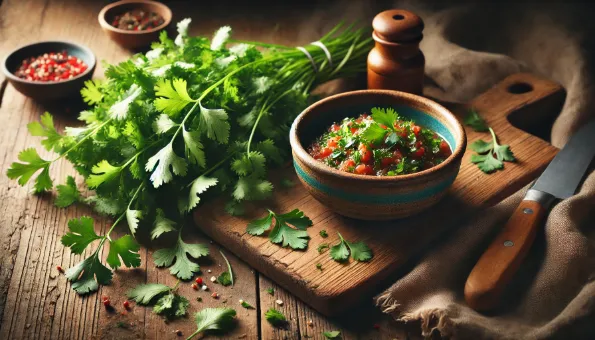
What Is Coriander?
Nutritional Profile
Health Benefits
Potential Downsides
How to Use
Summary
- 1. Coriander
svježi listovi korijandera (cilantro), aromatična biljka bogata vitaminom C
Comments
Povezani postovi
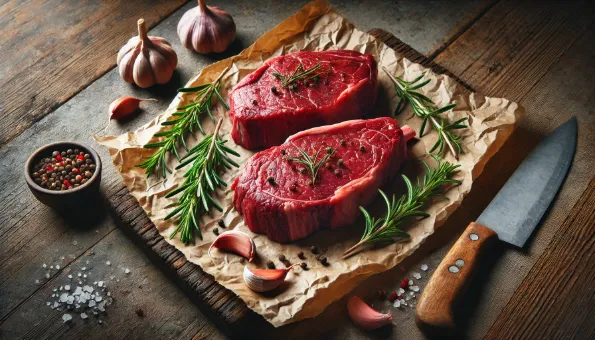
Bison Meat: Lean, Nutrient-Dense Red Meat
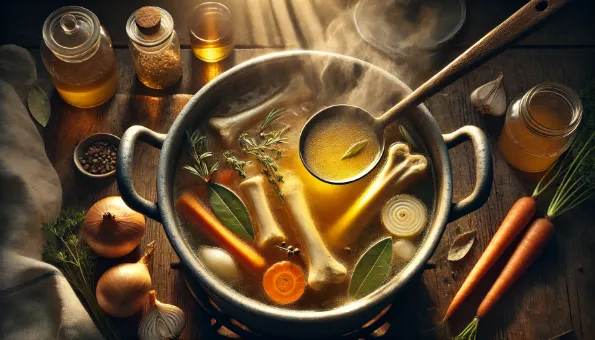
Bone Broth: Slow-Simmered Collagen-Rich Stock
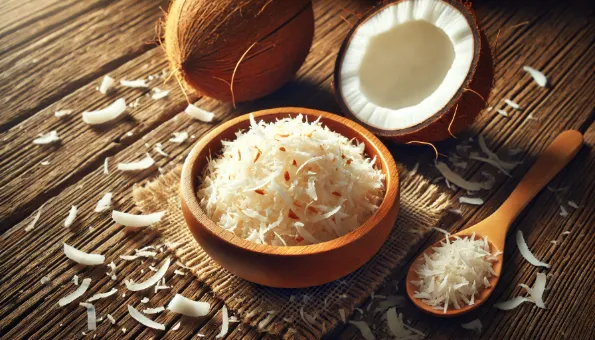
Coconut Flakes: Crunchy, Tropical Topping

Currants (Black, Red & White): Tart, Juicy Vitamin C Powerhouses

Herbal Tea: Caffeine-Free Infusion for Relaxation & Wellness
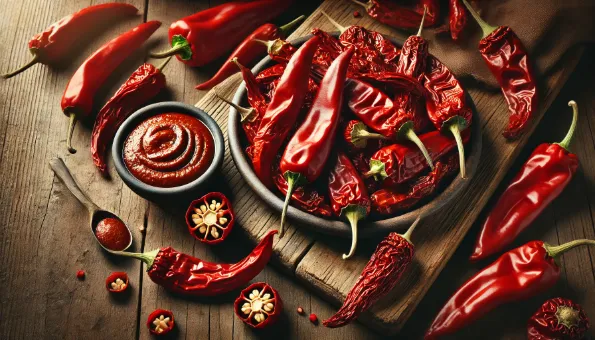
Guajillo Peppers: Fruity, Mild-to-Medium Dried Chilies
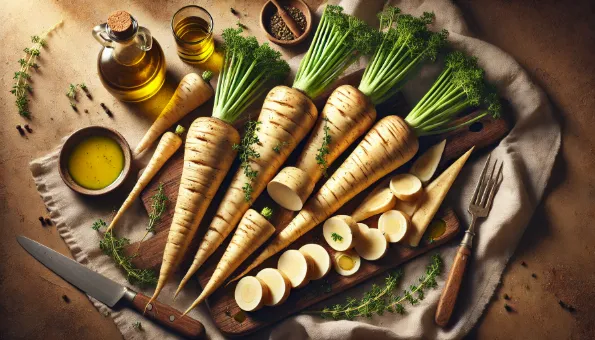
Parsnips: Sweet, Nutty Root Vegetable
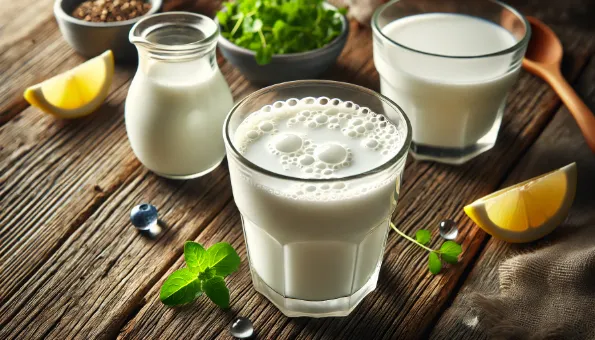
Buttermilk: Tangy, Probiotic-Rich Milk for Baking & Drinking

Abalone: Gourmet Sea Snail with Delicate Flavor

Sticky Rice (Glutinous Rice): Perfectly Chewy, Sweet or Savory
Povezani recepti

Falafel
40 min

Spicy Chickpea & Tomato Curry
30 min

Carrot & Coriander Soup
30 min

Curry Paste
25 min

Vegetarian Stuffed Acorn Squash
60 min

Harissa
20 min

Garam Masala
15 min

Ras el Hanout
5 min

Sweet Potato & Lentil Soup
45 min

Chermoula
10 min

